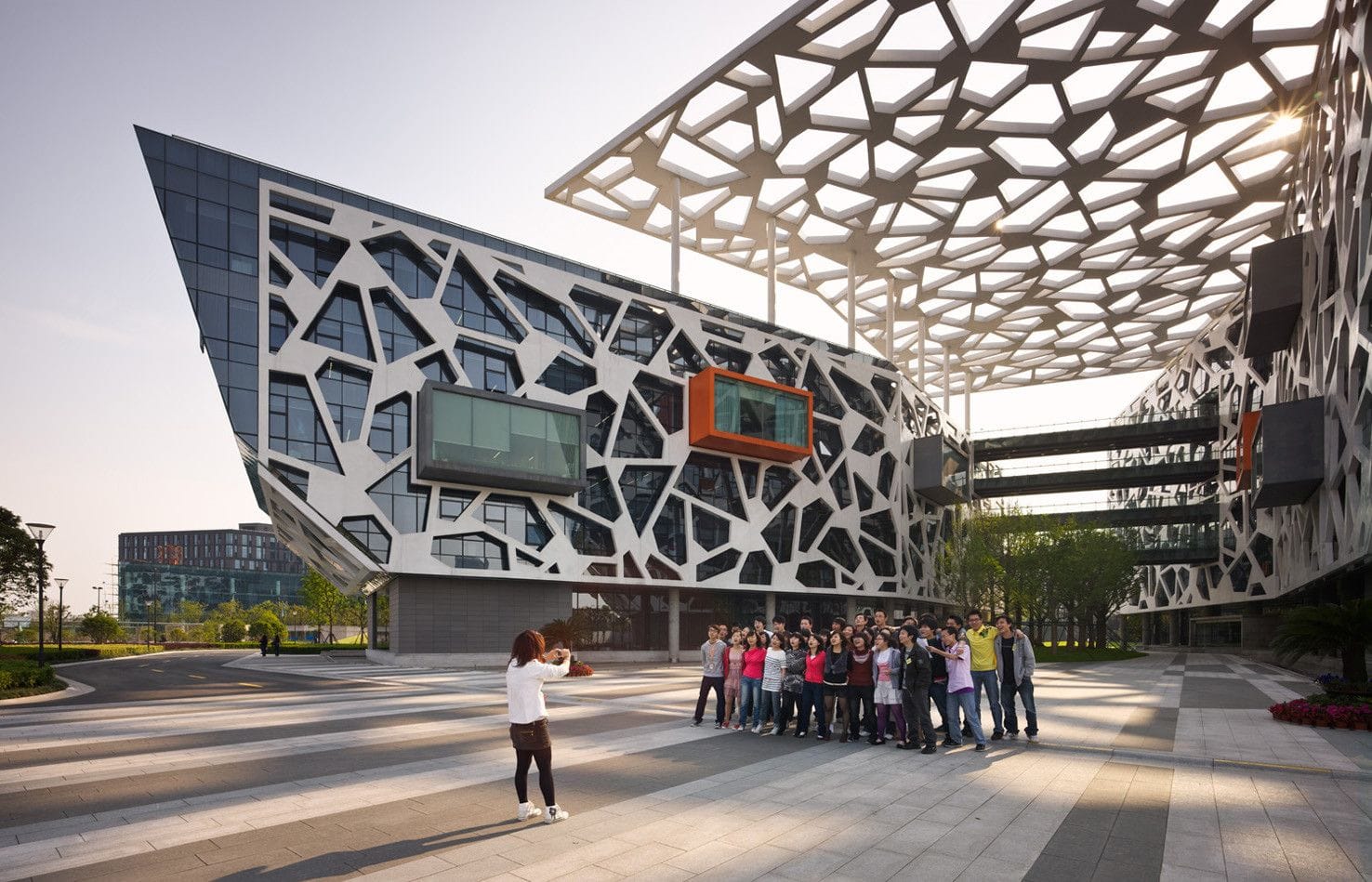Alibaba Group, one of China’s largest e-commerce conglomerates, has made headlines with its recent announcement regarding the sale of its stake in Sun Art Retail Group, a leading hypermarket operator in China. The deal, valued at approximately $16 billion, involves the transfer of Alibaba’s shares to DCP, a prominent investment firm. This significant divestiture underscores Alibaba’s strategic shift as it seeks to streamline its operations and concentrate on its primary business areas.
Sun Art Retail Group, which operates popular hypermarket brands such as Auchan and RT-Mart, has been a crucial part of Alibaba’s retail strategy since the company acquired a controlling stake in 2017. However, the competitive landscape of China’s retail market has been rapidly evolving, prompting Alibaba to reassess its investment portfolio. The decision to sell its stake in Sun Art is seen as a move to refocus its resources on its core e-commerce operations, particularly in light of increasing competition from rivals like JD.com and Pinduoduo.
The transaction is expected to close within the next few months, pending regulatory approvals and other customary conditions. Alibaba has indicated that the proceeds from the sale will be utilized to bolster its investments in technology and logistics, areas that are vital for sustaining its competitive edge in the fast-paced e-commerce environment. By divesting from Sun Art, Alibaba aims to enhance its operational efficiency and allocate capital more strategically.
DCP, the buyer in this transaction, is known for its extensive experience in the retail sector and its ability to manage large-scale investments. The firm has expressed confidence in the growth potential of Sun Art, especially as consumer behavior continues to shift towards online shopping and omnichannel retail experiences. DCP’s acquisition of Alibaba’s stake is expected to provide the necessary resources and expertise to further develop Sun Art’s business model, which is increasingly focused on integrating digital and physical retail channels.
This sale also reflects broader trends within China’s retail industry, where companies are adapting to changing consumer preferences and the rapid growth of e-commerce. The COVID-19 pandemic has accelerated the shift towards online shopping, prompting traditional retailers to innovate and enhance their digital capabilities. As a result, companies like Alibaba are recognizing the importance of agility and adaptability in a market that is constantly evolving.
Alibaba’s decision to divest from Sun Art may also signal a shift in its overall investment strategy. In recent years, the company has faced various challenges, including regulatory scrutiny from Chinese authorities and increased competition in the digital marketplace. By focusing on its core e-commerce business and divesting from non-essential investments, Alibaba aims to strengthen its position in the market and navigate the complexities of the current economic landscape.
As the deal unfolds, industry analysts will be closely monitoring the implications for both Alibaba and Sun Art. For Alibaba, the sale represents a critical juncture in its business strategy, allowing the company to concentrate on its primary operations while potentially improving its financial stability. For Sun Art, the acquisition by DCP could lead to enhanced operational capabilities and a renewed focus on growth in an increasingly competitive retail environment.
In conclusion, Alibaba’s decision to sell its stake in Sun Art Retail Group for $16 billion to DCP marks a significant development in the Chinese retail sector. This transaction not only highlights Alibaba’s strategic shift towards its core e-commerce business but also reflects broader trends in the industry as companies adapt to changing consumer behaviors. As the deal progresses, it will be essential to observe how both Alibaba and Sun Art navigate the evolving landscape of retail in China.


